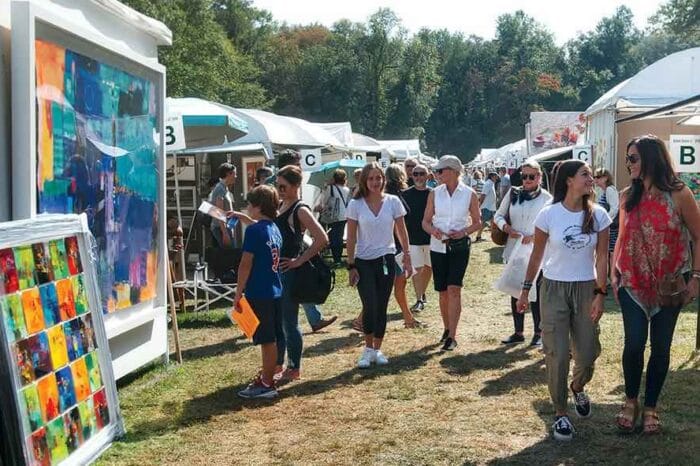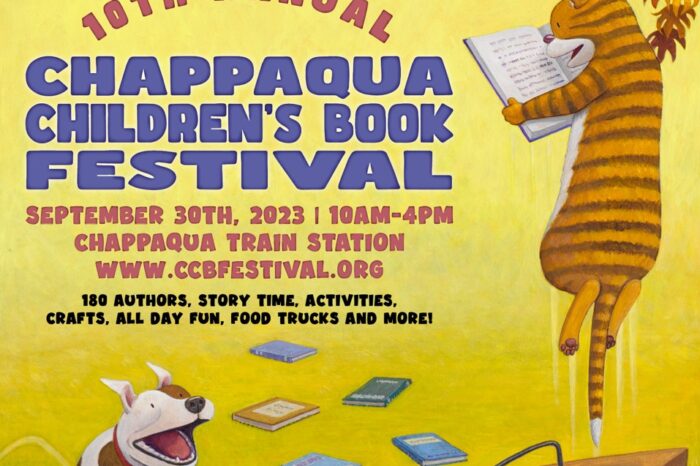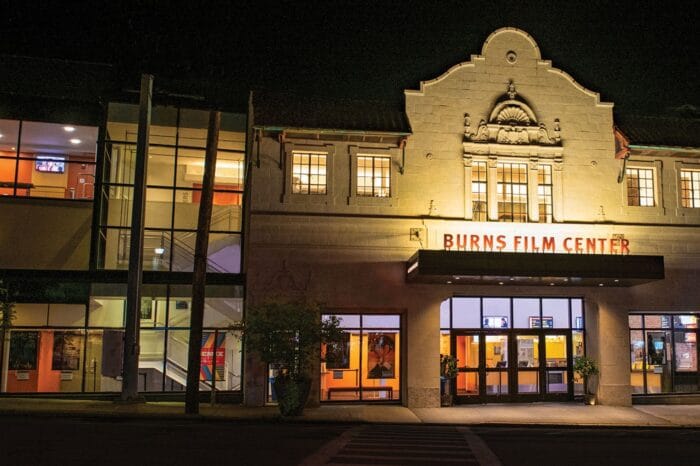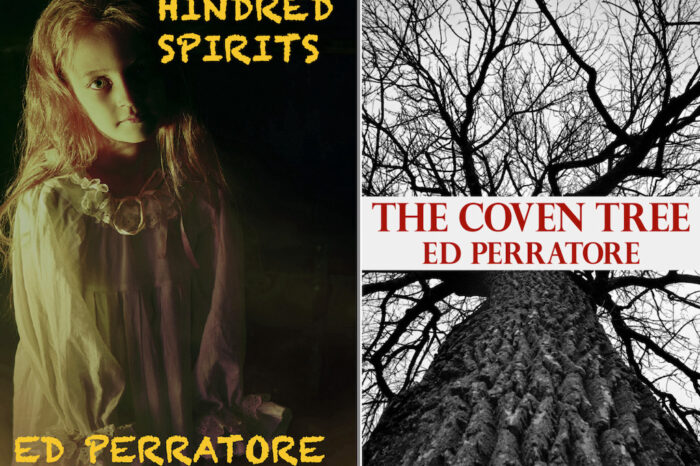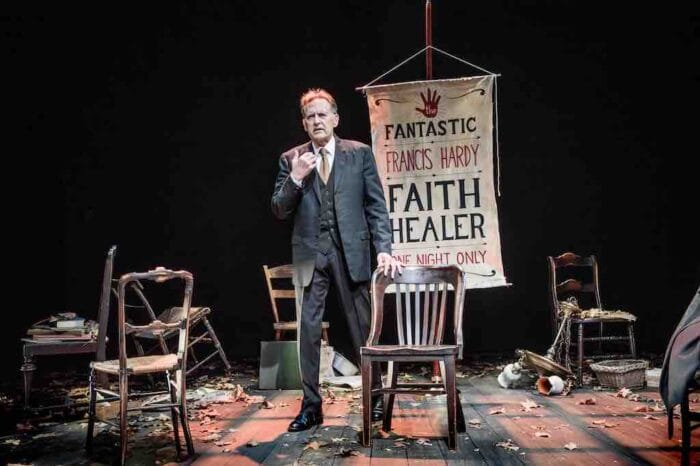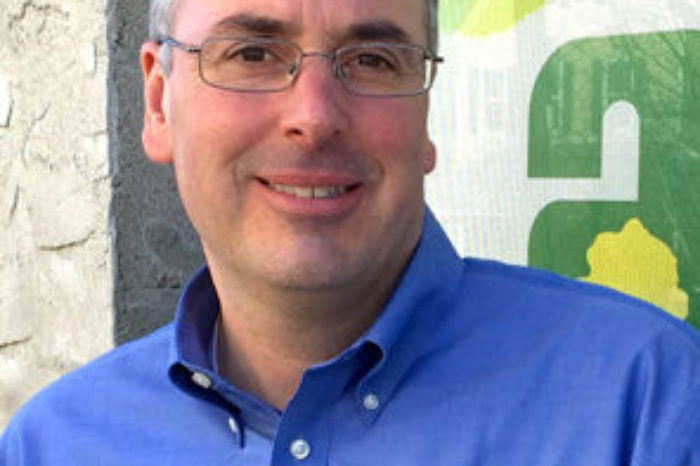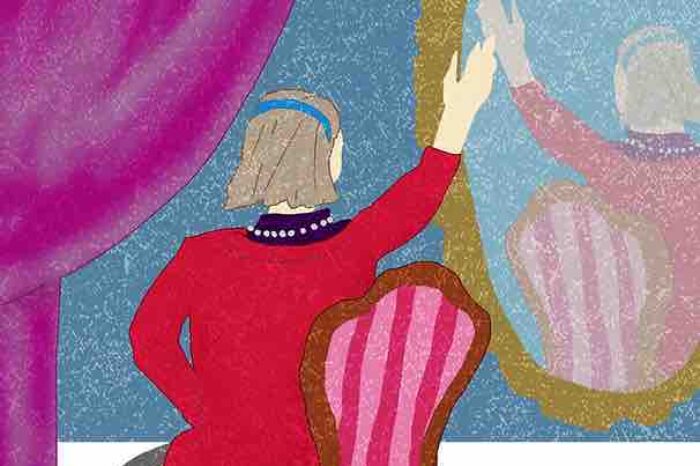Robert Klein talks Chappaqua, the 50’s, what’s funny

Robert Klein talks Chappaqua, the 50’s, what’s funny: Legendary comedian and early pioneer of observational humor, Robert Klein, who currently plays the role of Debra Messing’s father on the new Will and Grace, will perform at The Chappaqua Performing Arts Center on Saturday, June 30 at 8pm. You need to be an accountant to keep track of Robert Klein’s career accolades.
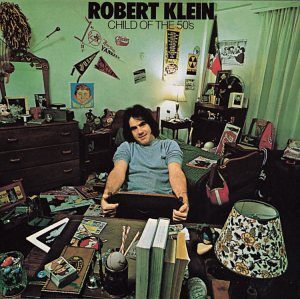 Rolling Stone ranked Klein No. 28 on their list of The 50 Best Stand-Up Comics of All Time (we have him higher) and they ranked his groundbreaking hour long 1975 HBO Special No. 10 on their list of Best Stand-Up Specials and Movies. His iconic 1973 comedy album A Child of the Fiftiesthat included memorable takes on lunch ladies (“School Lunch”) and air-raid drills (“Civil Defense {No Talking}) was listed by Spin Magazineas the 27th Best Comedy Album of all Time. But who’s counting?
Rolling Stone ranked Klein No. 28 on their list of The 50 Best Stand-Up Comics of All Time (we have him higher) and they ranked his groundbreaking hour long 1975 HBO Special No. 10 on their list of Best Stand-Up Specials and Movies. His iconic 1973 comedy album A Child of the Fiftiesthat included memorable takes on lunch ladies (“School Lunch”) and air-raid drills (“Civil Defense {No Talking}) was listed by Spin Magazineas the 27th Best Comedy Album of all Time. But who’s counting?
Klein, a Bronx native who now lives in Briarcliff, got his start after auditioning with Fred Willard for the improv group Second City. HIs Broadway career include a Tony Nomination for Best Actor in a Musical for They’re Playing our Song. On the silver screen, his movie credits include The Owl and The Pussycat, Primary Colors and How To Lose a Guy in Ten Days. We sat down with Mr. Klein to talk about Chappaqua, the 50’s and what’s funny.
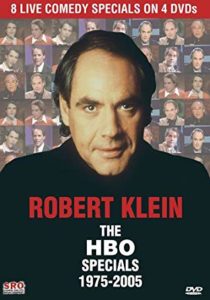 So first, I’m a big fan. I played your album A Child of the Fifties hundreds of times. So my first question is – did you like the 50s?
So first, I’m a big fan. I played your album A Child of the Fifties hundreds of times. So my first question is – did you like the 50s?
Not really. I always thought A Child of the Fifties was an “end of nostalgia” album. The Eisenhower era was a dull time. The fifties was the first decade of mutually assured destruction. In aggregate we had just fought a world war and five years later we were at war again in Korea. So what’s to like? I did like the doo-wop. But we didn’t call it that. We called it rock and roll. Alan Freed had his show and he called it rock and roll and it was the best thing that happened in the fifties.
You’ve always been on the forefront of social change but you always had a gentle touch…
Think of the times we were in. You couldn’t say much on TV. Everything had to go through legal. I can still hear Freddy de Cordova, “You can’t say that!” I was warned not to do political stuff or “you’ll wind up like The Smothers Brothers.” And we wanted to keep our show. But I broke that door down when I did my first HBO special {An Evening With Robert Klein}. And when I talk about political hypocrisy I can be hard. And some people are beyond the pale. Like Senator Larry Craig of Idaho. (I think he’s a coal consultant now.) I didn’t go easy on him. I don’t like to be cruel. Comedy now can be a little bit cruel. But I had my own standards. If I don’t think it’s classy enough I won’t do it. I don’t use profanity every other word. A lot of comedy now is heavy on the profanity, which is really just a failure to find a humorous way to say things, if you think about it.
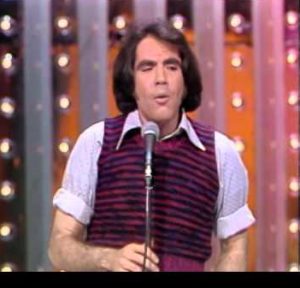 Who were your influences?
Who were your influences?
I certainly loved every comedian on television. We got one in 1951. I was 9 years old and it’s been on ever since. We watched The Show of Show with Sid Caesar and Imogene Coca, Carl Reiner. And, of course, there was Art Carney and Lucille Ball. That’s where it started for me. But the two guys who were my biggest influences were Lenny Bruce, who I never saw perform live but I developed a close relationship with him over the last 11 years of his life, and Jonathan Winters. Both of them were like a one-man show. That’s what I consider myself, a one-man show. Lenny Bruce pushed the envelope but they kept on arresting him. Jonathan Winters was apolitical. He wasn’t pushing anything.
I saw live comedy in the Catskill Mountains. I worked there as a bus boy. And I saw the comedians come in their Cadillacs and I thought it was so great making people laugh. Very much admired George Carlin and Richard Pryor. Don’t have any really favorites today. I do love the political satire. People like Alec Baldwin and Colbert and Samantha Bee. If they did that in Russia or Turkey they’d be dead. I worked with Alec Baldwin on Will and Grace recently.
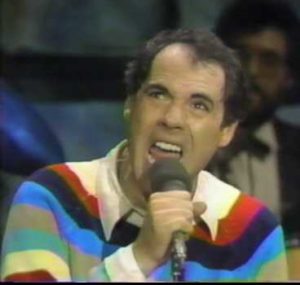 Music was also a big influence on your work…
Music was also a big influence on your work…
I came from a very musical household. My mother played piano. We sang around the piano at home. My parents told me that I could carry a tune before I could talk. I always used music in my work. I was nominated for a Tony Award for They’re Playing Our Song but I didn’t win. You know why? Cause it was rigged!
Funny guy…
I’m definitely going to do some music in Chappaqua. Most of the time I sing songs with comedy in it. But the music better be good. When I do the blues in I Can’t Stop My Leg – it has to be good blues!
You were always the hip guy, how does it feel to be the square on Will & Grace?
Well it’s only acting. Playing an angry old Jewish guy, a cranky old pain in the ass is a pleasure when you’re working with Debra Messing and Blythe Danner. We’re the butt of 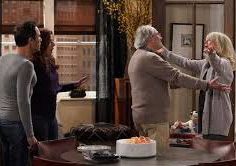 jokes. We’re the old people, now. I don’t mind. I think it’s a very funny show. People love it. And they haven’t done it in 11 years. They did a sketch at one of Hillary Clinton’s rallies and that’s where the idea to bring back the show came from. I’ve played everything: doctors, lawyers, the Canadian Ambassador in Madam Secretary.
jokes. We’re the old people, now. I don’t mind. I think it’s a very funny show. People love it. And they haven’t done it in 11 years. They did a sketch at one of Hillary Clinton’s rallies and that’s where the idea to bring back the show came from. I’ve played everything: doctors, lawyers, the Canadian Ambassador in Madam Secretary.
The secret of acting is pretending to be someone else. It’s child-like. Not childish. Child-like. But when I’m with other old people I feel like they’re so much older than me. A part of me never grew up.
What can we expect to see from you at the Chappaqua Performing Arts Center?
Expect me to make people laugh. God knows what else.
Sign up for our weekly newsletter: for townies, culture vultures, foodies and locavores.
Follow us on Twitter


